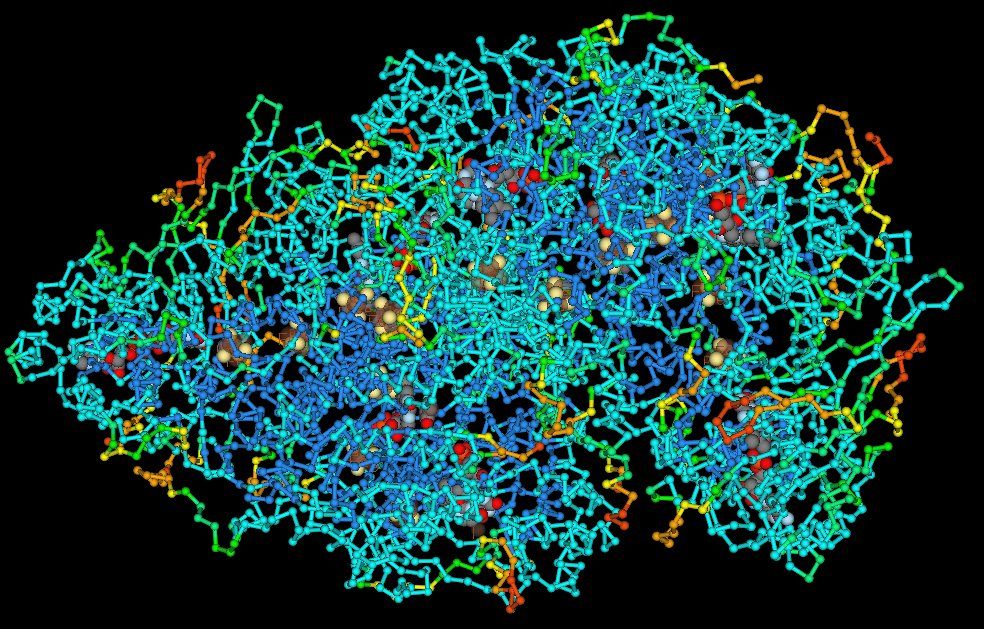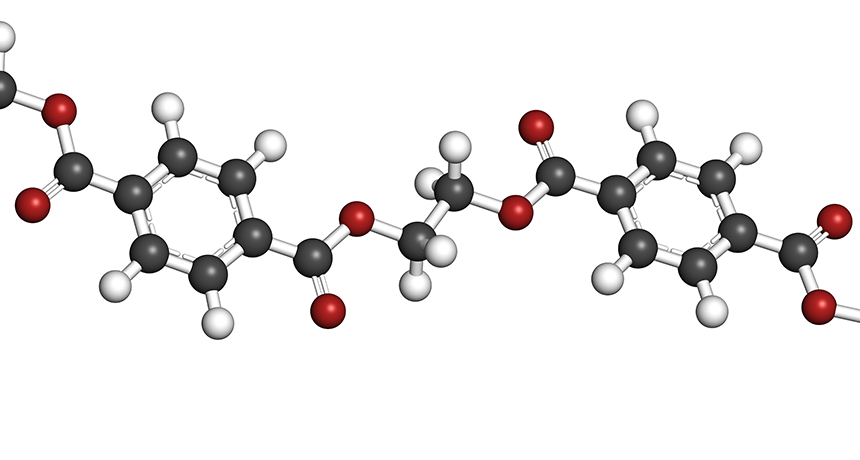Exploring the Varied Applications and Advantages of Polymers in Different Industries
Polymers, with their varied variety of homes and functionalities, have actually come to be essential in various sectors, each enjoying special benefits from their application. From enhancing safety and security and performance in the vehicle industry to revolutionizing medical tools in the healthcare industry, polymers play a crucial duty.
Automotive Sector Applications
Polymers play a critical function in boosting the performance and resilience of numerous parts within the vehicle industry. These flexible products are extensively made use of in the production of various components, varying from indoor parts to under-the-hood applications. One famous use polymers in the automobile sector remains in the production of light-weight elements. By changing traditional metal components with polymer-based alternatives, lorries can accomplish improved gas efficiency without jeopardizing on toughness or security.

Healthcare Sector Benefits
In different medical care applications, the advantages of using polymers are commonly identified for their diverse array of helpful residential properties. Polymers play a vital duty in the healthcare market because of their versatility, biocompatibility, and cost-effectiveness. One of the key advantages of polymers in medical care is their capacity to be tailored to details demands, such as flexibility, resilience, and biodegradability, making them optimal for a large range of clinical applications.
Polymer-based materials are extensively used in clinical tools, such as catheters, implants, prosthetics, and medicine shipment systems, because of their biocompatibility and capability to simulate natural tissues. These products can lower the threat of allergies or rejections, improving individual safety and security and results. Furthermore, polymers are lightweight, making them appropriate for wearable clinical devices and ensuring person comfort.
Additionally, polymers make it possible for the growth of ingenious treatment methods, such as hydrogels for tissue design and nanocomposites for targeted medicine distribution. Their ease of handling and sanitation makes them essential for preserving high requirements of hygiene in medical care setups. On the whole, the diverse benefits of polymers contribute substantially to improvements in clinical technology and client treatment.
Ecological Advantages of Polymers

Furthermore, polymers can contribute to power financial savings due to their light-weight nature. In sectors such as transportation, lightweight polymer products can help minimize gas usage and greenhouse gas emissions. Additionally, polymers can make it possible for the growth of energy-efficient items such as insulation materials that boost power preservation in buildings.
In addition, polymers play an important duty in minimizing water air pollution. The usage of polymer-based filtering systems can efficiently get rid of contaminants and pollutants from wastewater, guarding water sources and ecological communities. In general, the ecological benefits of polymers make them valuable properties in advertising sustainability and environmentally friendly techniques across various industries.
Polymers in Electronic Devices and Innovation
Thinking about the boosting need for visit this web-site cutting-edge and lasting solutions in modern sectors, the assimilation of advanced polymer technologies in the world of electronics and innovation has actually become a pivotal approach for driving performance and efficiency. Polymers have actually changed the electronics market by making it possible for the production of lighter, extra versatile, and durable digital tools. From smart devices to medical tools, polymers play a critical role in improving item design and performance.
One considerable benefit of polymers in electronics is their protecting buildings, which aid protect delicate digital components from ecological variables and electrical disturbance. Furthermore, polymers are crucial in the development of flexible displays, wearable technology, and published electronic devices, supplying endless opportunities for creating smart and interconnected devices.
Furthermore, using polymers in electronic packaging has actually caused innovations in miniaturization and thermal administration, boosting the overall efficiency and dependability of digital systems. As innovation remains to progress, the flexibility and flexibility of polymers will certainly drive better advancement in the electronics industry, shaping the future of innovation.
Function of Polymers in Construction and Infrastructure
Polymers offer many advantages in the building market due to their convenience, resilience, and cost-effectiveness. One essential role of polymers in building and construction is their use in layers and sealants, supplying security against environmental variables such as moisture, UV radiation, and corrosion.
Moreover, polymers play an essential role in lasting building methods by allowing the development of energy-efficient frameworks. Insulating materials made from polymers help manage indoor temperatures, minimizing the need for heating and this article cooling systems and inevitably lowering power usage. In addition, the use of polymer-based composites in infrastructure projects such as bridges and roadways improves their long life and minimizes maintenance expenses. On the whole, the consolidation of polymers in construction and infrastructure displays their substantial effect on modern engineering methods.
Final Thought
Finally, polymers play an important role in numerous sectors such as automobile, medical care, ecological, electronics, and building. Their functional properties make them important in creating cutting-edge options and items. From improving fuel performance in lorries to enhancing clinical tools, polymers great site provide countless advantages. Additionally, their effect on lowering waste and promoting sustainability highlights their importance in modern-day applications. The widespread use of polymers shows their considerable contribution to progressing modern technology and enhancing lifestyle.